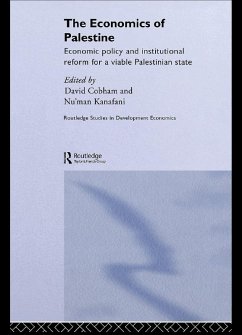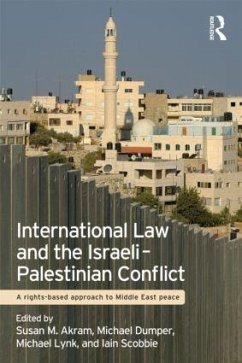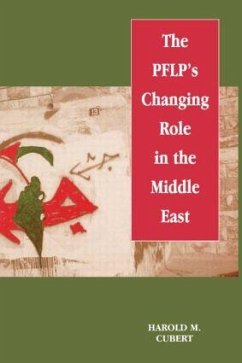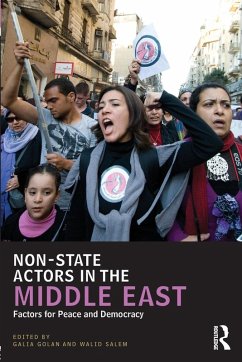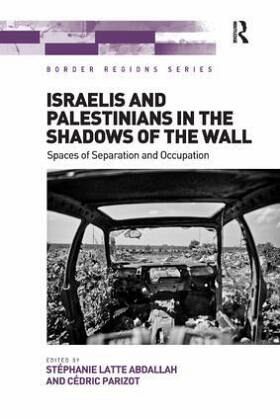
Israelis and Palestinians in the Shadows of the Wall
Spaces of Separation and Occupation
Versandkostenfrei!
Versandfertig in 6-10 Tagen
54,99 €
inkl. MwSt.
Weitere Ausgaben:

PAYBACK Punkte
27 °P sammeln!
Shedding light on the recent mutations of the Israeli separation policy, whose institutional and spatial configurations are increasingly complex, this book argues that this policy has actually reinforced the interconnectedness of Israelis and Palestinian lives and their spaces. Instead of focusing on the over-mediatized separation wall, this book deals with what it hides: its shadows. Based on fieldwork studies carried out by French, Italian, Israeli, Palestinian and Swiss researchers on the many sides of the Israeli-Palestinian divide, it highlights a new geography of occupation, specific for...
Shedding light on the recent mutations of the Israeli separation policy, whose institutional and spatial configurations are increasingly complex, this book argues that this policy has actually reinforced the interconnectedness of Israelis and Palestinian lives and their spaces. Instead of focusing on the over-mediatized separation wall, this book deals with what it hides: its shadows. Based on fieldwork studies carried out by French, Italian, Israeli, Palestinian and Swiss researchers on the many sides of the Israeli-Palestinian divide, it highlights a new geography of occupation, specific forms of interconnectedness and power relations between Israeli and Palestinian spaces. It offers a better understanding of the transformation of people's interactions, their experiences and the ongoing economy of exchanges created by the separation regime. This heterogeneous regime increasingly involves the participation of Palestinian and international actors. Grounded in refined decryptions of territorial realities and of experiences of social actors' daily lives this book goes beyond usual political, media and security representations and discourses on conflict to understand its contemporary stakes on the ground.




